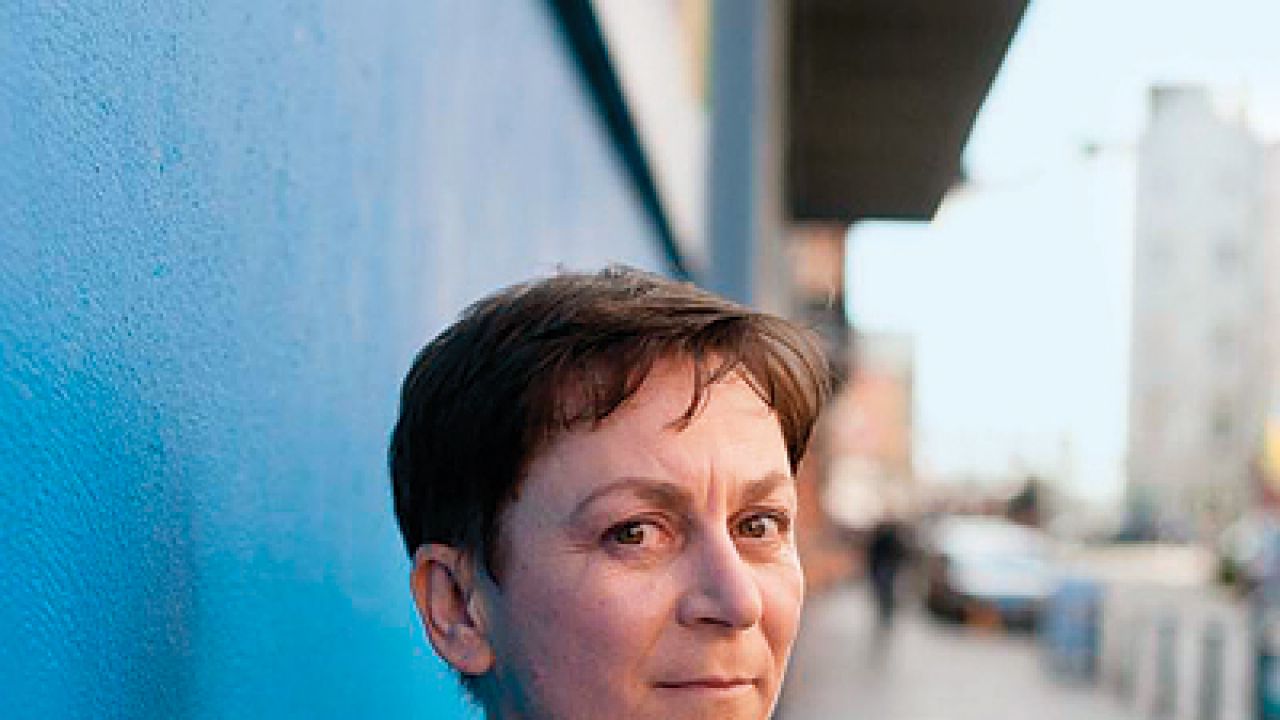
The Tata Literature Live which you are attending is one of the many English literary festivals in India. And yet English came in as a colonial legacy. Do you see an irony there?
You know the British killed the Irish language in the early 19th century. For me too English is a colonial language. We, Irish have taken the language and used it better than the people who obliged us to speak it. So as an Irish writer in English, the urgency of the discussions around colonial legacy of English as a language in India interests me. Having said that, you have to admit that writing in English is a boon. As one of the biggest languages in the world, when you write or speak English, your words go very far.
Your Chevening Scholarship took you to the University of East Anglia's Creative Writing Course. Is formal training necessary to become a writer?
To be a writer what is needed is the ability to sit in a room for two years and write and not panic. There are many anxieties while writing a book. These can be relieved by teachers and fellow students. They become your first readers. The availability of such an engaged audience externalises your work. So it can be a privilege but I wouldn't say it's absolutely necessary.
Many feel writing for TV is bad for writing. What is your view considering you worked with the medium for six years?
You know when I got a job in TV, a friend of mine made me cry, saying I'd come to no good. He said I'll never write, I'll disappear into TV and that'd be the end of me as a writer. It's true that TV eats up all your time, ambition and creativity but if you can keep some part of your spirit safe, then the writer in you should be okay.
It took a break-down for you to plunge into full-time writing in 1993?
It was a difficult phase for me to try and mange my writing ambition and continue to do a TV job. People around me felt I was giving up what was an interesting and exciting career for taking up something that was not fashionable in Ireland at that time. But the work I was doing for TV was burning me out. In a sense it proved to be a very useful nervous breakdown in the long run even if it wasn't too pleasant at that time.
You won the Man Booker for The Gathering. How important are awards and recognition for you?
Writers are very vulnerable people. They have to be so when working. While it is a privileged life, it can be an emotionally difficult one. Awards and recognition somehow make that vulnerability that much easier. But you have to be able to shut the door and engage with the blank page. If any award gets in the way of that process, that would be dangerous.
Is there a book you're working on now?
I just finished a book last week. Its called The Green Road. The plot unfolds in a family, of which one child is in America, the other in Africa and they have to come back in the middle of the book when their mother decides to sell the house.
Full interview online: http://www.dnaindia.com/lifestyle/report-if-a-book-isn-t-sad-what-kind-of-book-is-that-anne-enright-2030295